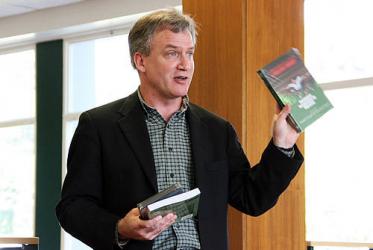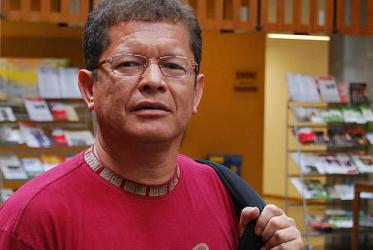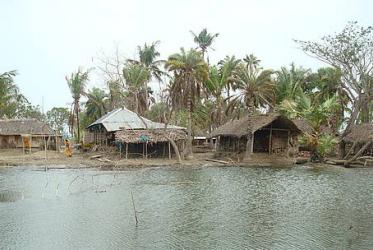1. During the past years thousands of asylum seekers from the Horn of Africa and Northern Africa have disappeared in the Sinai desert region while crossing the border between Egypt and Israel. The Sinai desert is a traditional transit route for people from Ethiopia, Eritrea, Somalia and Northern African countries escaping political turmoil, hunger and poverty and hoping to end up in Europe. The people of Eritrea have been facing deep political and human rights crises, due to which around 2,000 people are attempting to flee from Eritrea every month. They end up in the hands of human trafficking rackets or fall victim to organ theft. It is out of sheer desperation, in order to escape conflict, political turmoil and deteriorating human rights situations that people take such risky journeys. However, instead of safe passage to Israel, the refugees find themselves in desert detention centres in Sinai, where they are abused in the most dehumanizing manner.
17 February 2012
Executive committee







